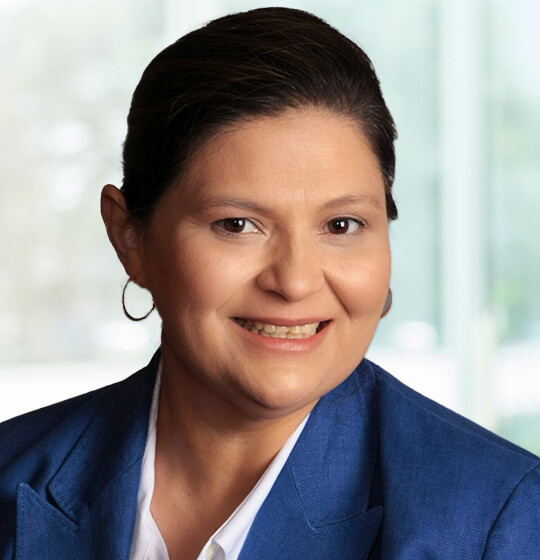On November 10, 2021, U.S. Citizenship and Immigration Services (USCIS) settled the class action lawsuit Shergill v. Mayorkas. The settlement agreement will update USCIS policy related to certain H-4 and L-2 spousal Employment Authorization Document (EAD) applications. Notably, the settlement agreement provides for an automatic extension of employment authorization for H-4 spouses who have timely filed for a renewal of the EAD work card via Form I-765, Application for Employment Authorization, if given criteria are met. Spouses in L-2 visa status may also benefit from similar automatic extensions of their employment authorization and will now be able to enjoy automatic work authorization incident to their visa status. The agreement will affect only spouses holding H-4 or L-2 visa status.
Settlement Terms for H-4 and L-2 Applicants
H-4 Spouses
H-4 spouses who timely file their Form I-765 EAD renewal applications and who continue to have H-4 status beyond the expiration date of their EAD will qualify for the automatic extension of their work authorization for a period of up to 180 days.
The automatic extension of work authorization will end at “the earlier of: the end date of the individual’s H-4 visa status as noted on Form I-94, the approval or denial of the Form I-765 EAD renewal application, or 180 days from the [date the current EAD work card expired].”
USCIS will amend the content of I-797 receipt notices for these cases to annotate an H-4 applicant’s EAD auto-extension eligibility.
L-2 Spouses
Within 120 days of the effective date of the settlement agreement, USCIS is required to “issue policy guidance that states that L-2 spouses are employment authorized incident to status.” USCIS is also required to change the Form I-94 “to indicate that the bearer is an L-2 spouse so that [the Form I-94] can be used as a List C document for Form I-9 purposes.”
L-2 spouses who timely file their Form I-765 EAD renewal applications and who continue to have L-2 status beyond the expiration date of their EAD will qualify for the automatic extension of their work authorization for a period of up to 180 days.
The automatic extension of work authorization will end at “the earlier of: the end date of the individual’s L-2 visa status” as noted on the Form I-94, “the approval or denial of the I-765 EAD renewal application, or 180 days from the [date the current EAD work card expired].”
I-9 Implications for Employers
H-4 Spouses
To complete a Form I-9 to verify ongoing employment authorization, H-4 spouses may present the following combination of documents to their employers to document this automatic extension of work authorization:
- “a facially expired EAD indicating Category C26”;
- “Form I-797C, Notice of Action for Form I-765” (i.e., Receipt Notice of the EAD renewal application) “with Class requested indicating (c)(26) and showing that the I-765 renewal application was filed before the EAD expired”; and
- an “unexpired Form I-94, Arrival-Departure Record showing valid H-4 nonimmigrant status.”
L-2 Spouses
To verify ongoing employment authorization, L-2 spouses may present the following combination of documents to their employers to document this automatic extension of work authorization:
- “a facially expired EAD indicating Category A18”;
- “Form I-797C, Notice of Action for Form I-765” (i.e., Receipt Notice of the EAD renewal application) “with ‘Class requested’ indicating ‘(a)(18)’ and showing that the [Form] I-765 EAD renewal application was filed before the EAD expired”; and
- an “unexpired Form I-94, Arrival-Departure Record, showing valid L-2 nonimmigrant status.”
Per the settlement agreement, USCIS will issue additional guidance to employers on the above provisions.
Ogletree Deakins’ Immigration Practice Group will continue to monitor developments with respect to these and other policy changes and will post updates on the Immigration blog as additional information becomes available. Important information for employers is also available via the firm’s webinar and podcast programs.





